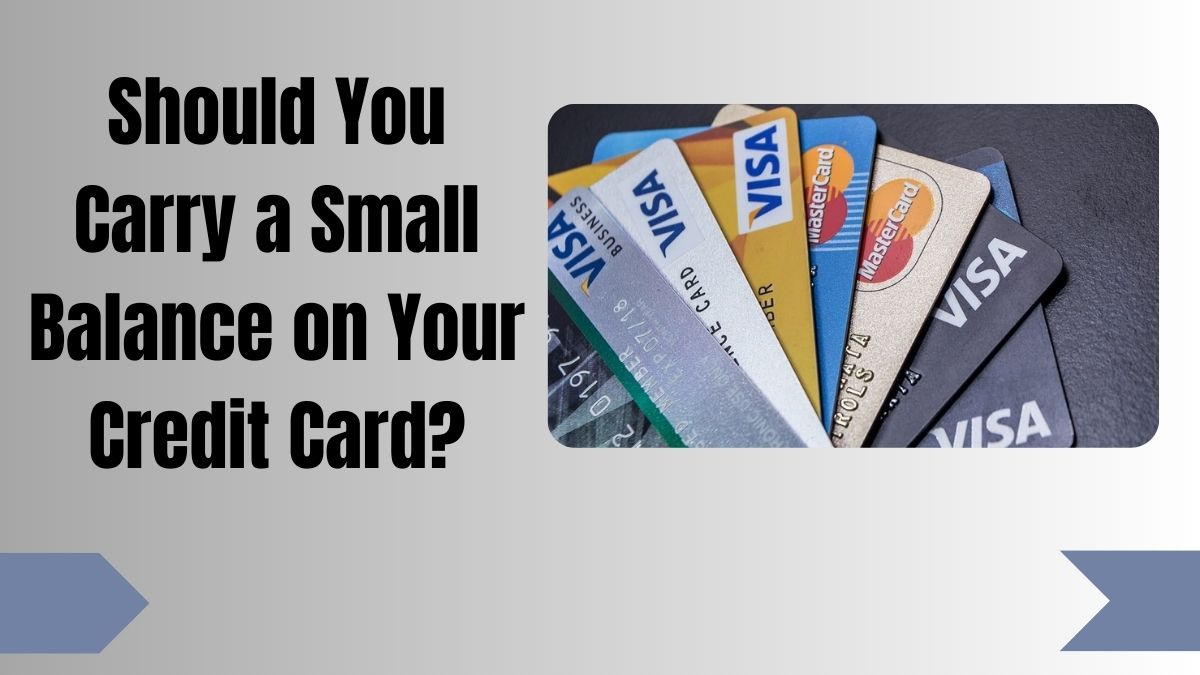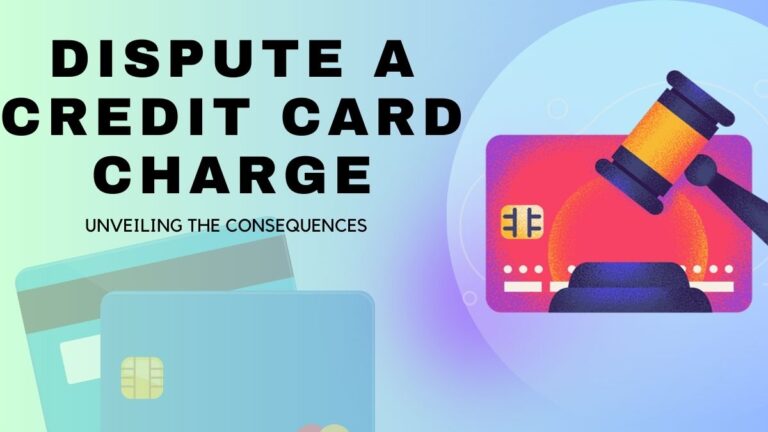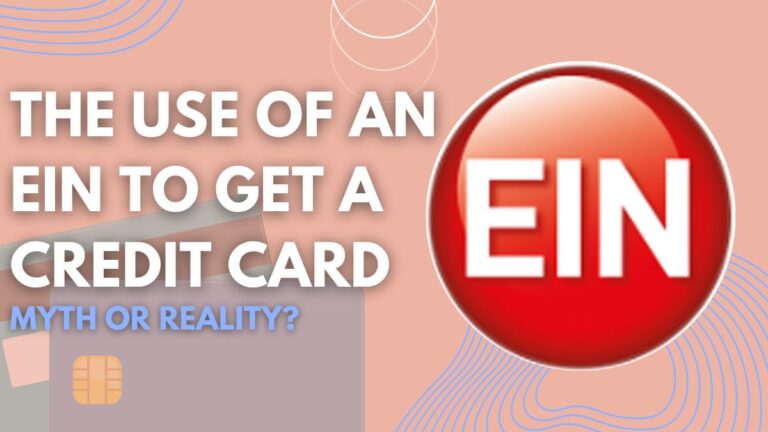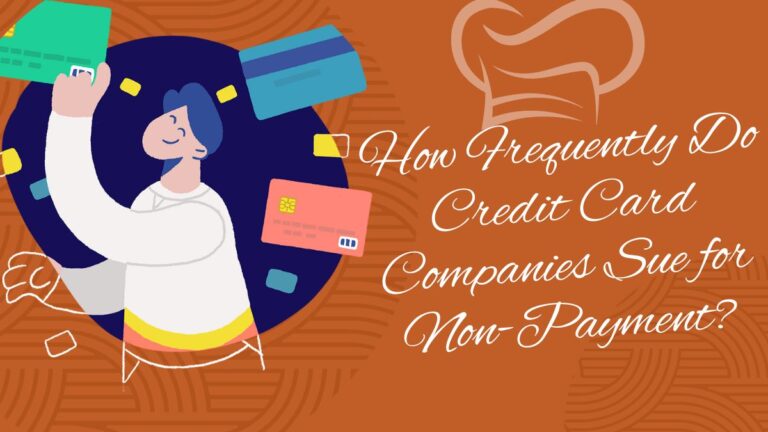Understanding the Impact: Should You Carry a Small Balance on Your Credit Card?
Are you one of those who believe that carrying a small balance on your credit card is a smart financial move? Or, perhaps you’ve always wondered whether paying off the full balance every month is truly necessary. Regardless of where you stand, it’s time to dive deep into this debate and understand the impact it has on your overall financial goals.
In today’s blog post, we’ll unravel the mysteries behind carrying a small balance on your credit card – exploring its benefits, and drawbacks, and ultimately helping you make an informed decision about how best to manage your credit to achieve optimal financial success. Get ready for some eye-opening insights!
Table of Contents
What is Carrying a Small Balance on Your Credit Card?
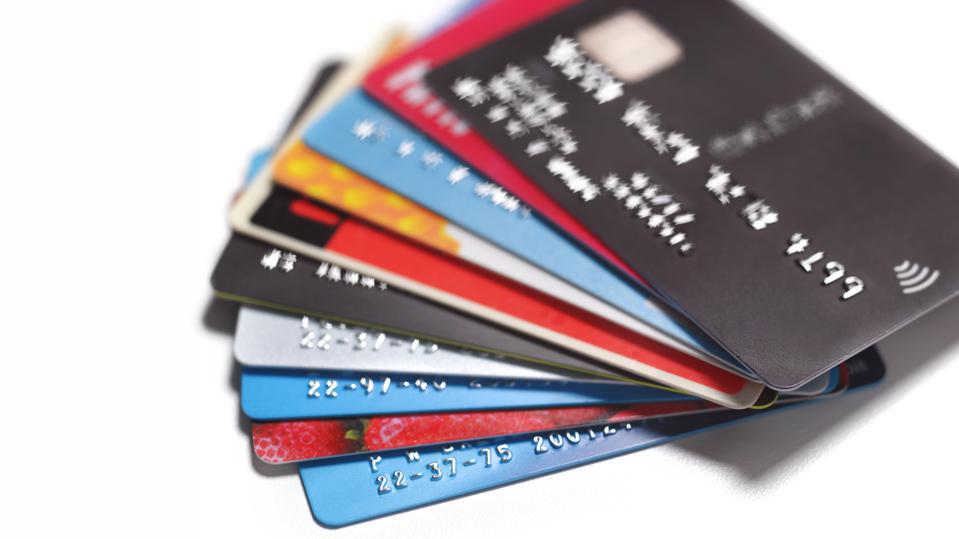
Carrying a small balance on your credit card can have a few different impacts on your financial situation. First, if you are someone who pays their credit card bill in full every month, carrying a small balance may help improve your credit score. This is because your credit utilization ratio (the amount of available credit you are using) will be lower if you carry a balance from one month to the next.
Another potential impact of carrying a small balance on your credit card is that it can help keep you from getting into debt. If you only use a small portion of your available credit, it will be much easier to pay off your balance in full each month. This can help prevent you from accumulating high levels of debt that may be difficult to repay.
Carrying a small balance on your credit card can have both positive and negative impacts on your finances. It is important to weigh these factors carefully before deciding whether or not to carry a balance on your card.
Pros & Cons of Carrying a Small Balance
There are a few schools of thought when it comes to the best way to manage your credit card balance. Some people advocate for always keeping a zero balance on your credit card, so you never have to pay interest. Others recommend carrying a small balance (usually around $1,000 or less) so that you can improve your credit score.
So, what’s the best strategy? Let’s take a look at the pros and cons of carrying a small balance on your credit card.
One of the main benefits of carrying a small balance on your credit card is that it can help improve your credit score. This is because having a small amount of debt will show lenders that you’re able to manage your finances responsibly.
Another advantage of carrying a small balance is that it can help you keep track of your spending. If you have a zero balance on your credit card, it’s easy to forget about purchases you made and end up overspending. Having a small balance will remind you to be more mindful of your spending habits.
However, there are also some disadvantages to carrying a small balance on your credit card. One downside is that you will accrue interest on the outstanding balance. This means that you could end up paying more in the long run if you don’t pay off your balance in full each month. Additionally, carrying a high balance smaller than $1,000 can hurt your credit score, so you should be careful to stay within that range.
Overall, carrying a small balance on your credit card can be beneficial if it helps you better manage your spending and improve your credit score. However, it’s important to keep an eye on potential interest charges so you don’t end up paying more than necessary.
How Does it Affect Your Credit Score?
Your credit score is determined by several factors, including your payment history, amount of debt, length of credit history, and types of credit used. Carrying a small balance on your credit card can help improve your score in a couple of ways.
First, it can help improve your payment history. If you’ve been struggling to make ends meet and have fallen behind on some of your bills, carrying a small balance on your credit card can help you get back on track. By making timely payments on your card each month, you’ll start to rebuild your payment history and improve your score.
Second, carrying a small balance can also help improve your debt-to-credit ratio, which is another factor that goes into determining your score. Your debt-to-credit ratio is the amount of debt you have compared to the amount of credit available to you. The lower your ratio, the better it is for your score. So if you’re carrying a lot of debt on other lines of credit, paying off some of that debt with your credit card can help improve your ratio and give your score a boost.
Of course, other factors go into determining your credit score as well, and carrying a small balance on your credit card won’t magically fix all of your financial problems. But if boosting your score is one of your goals, paying down some debt with your credit card can be a helpful step in the right direction.
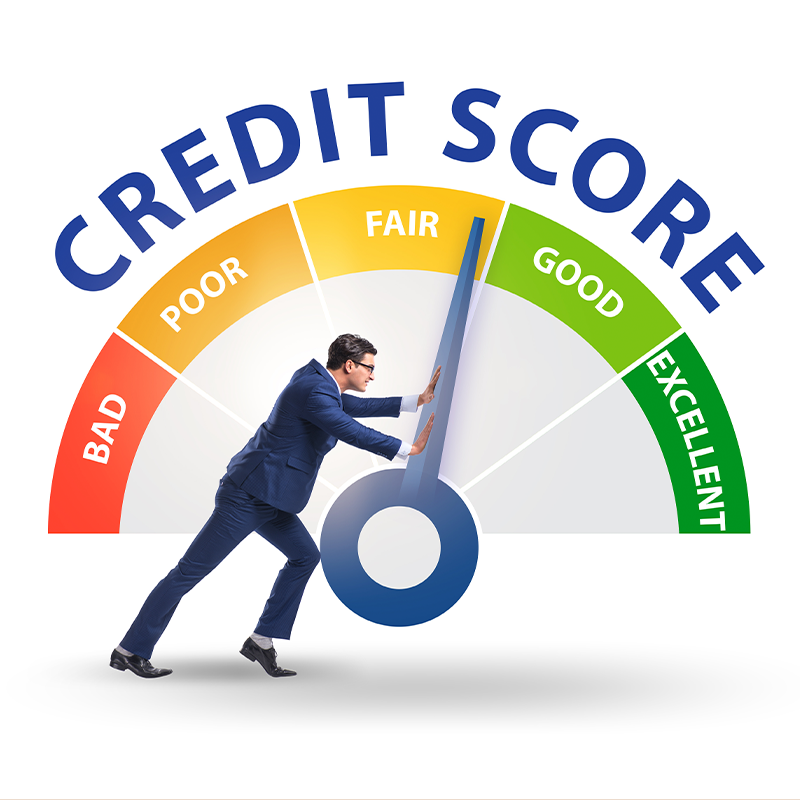
When is Carrying a Balance on Your Credit Card Appropriate?
There are a few instances when it may be beneficial to carry a balance on your credit card. If you have a 0% APR introductory offer, it can make sense to transfer a balance from another card and pay it off throughout the intro period without accruing any interest.
Additionally, if you’re trying to earn rewards points, carrying a balance may help you reach your spending thresholds faster. However, it’s important to note that carrying a balance can negatively impact your credit score, so it’s not advisable to do so unless you’re confident you can pay off the balance in full each month.
What Are the Alternatives to Carrying a Balance?
There are several alternatives to carrying a balance on your credit card each month. You can pay off your full balance each month, you can transfer your balance to a 0% APR credit card, or you can set up a payment plan with your credit card issuer. Each of these options has its own set of pros and cons that you’ll need to consider before making a decision.
Paying off your full balance each month is the best way to avoid interest charges and keep your account in good standing. However, if you’re unable to do this, transferring your balance to a 0% APR credit card can be a good way to save on interest. Just be sure to read the fine print carefully, as some 0% APR offers come with introductory periods that only last for a limited time.
If neither of these options is feasible for you, setting up a payment plan with your credit card issuer may be the best way to get your account back on track. This option will typically involve paying an additional fee each month, but it can help you avoid steep interest charges and late fees.
How Can You Avoid Paying Interest if You Carry a Balance?
If you carry a balance on your credit card, you will have to pay interest on that balance. The best way to avoid paying interest is to pay off your balance in full each month. If you can’t pay off your balance in full, you should try to at least make a dent in the balance each month. The more you can pay down your balance, the less interest you will have to pay.
Additionally, you can try to transfer your balance to a card with a promotional 0% APR. Be aware that you may have to pay a balance transfer fee and the promotional rate may not last indefinitely.
Conclusion
Carrying a small balance on your credit card is an important decision to make, as it can have both positive and negative implications. Understand the impact of carrying a small balance before deciding what’s best for you. It’s essential to consider how it affects your credit score, ability to pay off debt in full, interest rate charges, and future financial commitments. Therefore, understanding the potential effects will help you make an informed decision that ultimately benefits your present and future finances.
